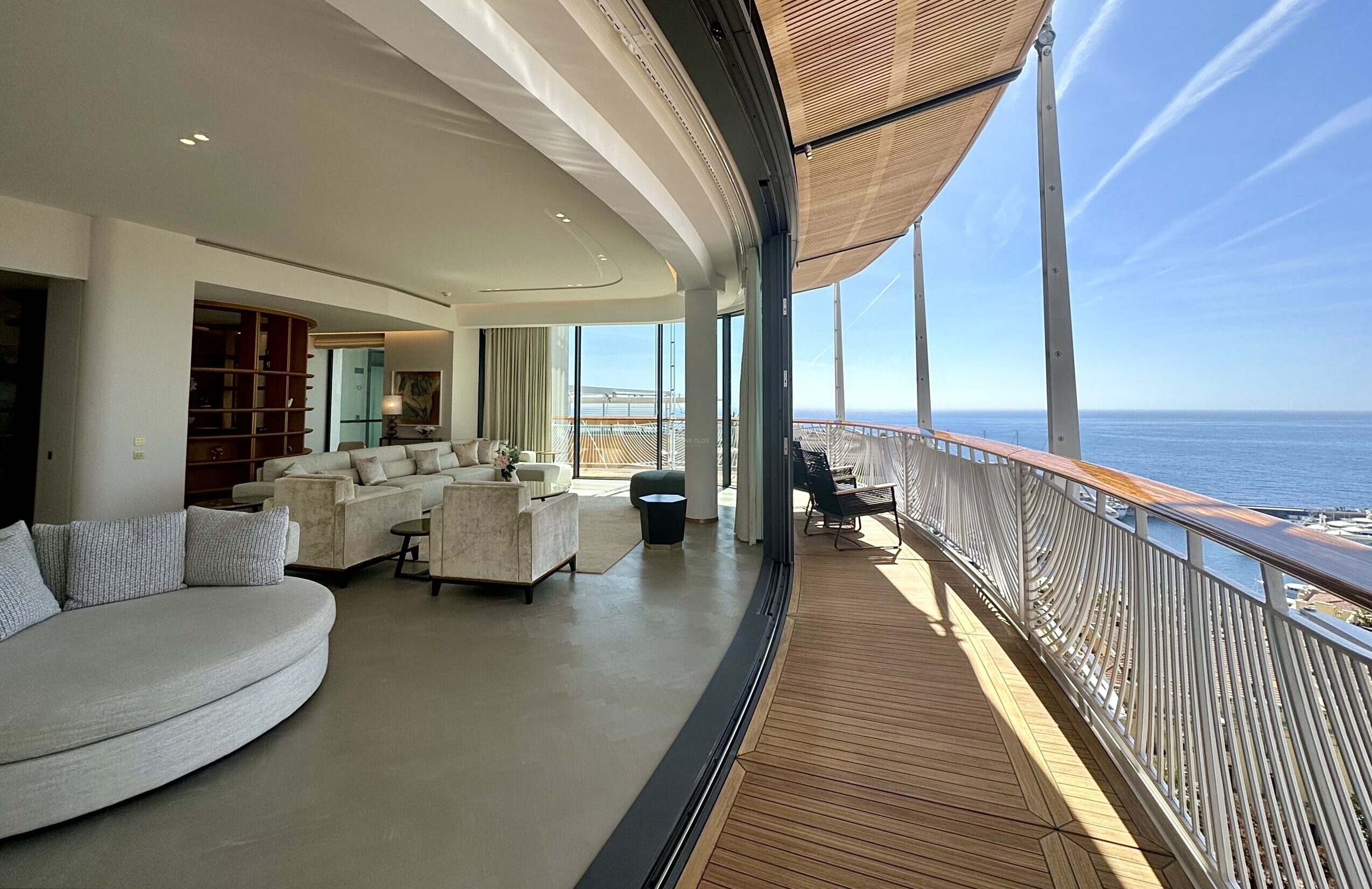MONACO SALES GUIDE
Step-by-step guide for real estate sales transactions

MONACO SALES GUIDE
The Monaco real estate market offers a range of both historical and contemporary style properties. With its renowned architectural heritage, buyers looking for a unique property in Monaco can find both traditional and modern designs to suit specific tastes.
We offer a diverse portfolio of Monaco homes and apartments for sale, including exclusive off-market properties that are not publicly advertised. Our selection of properties are based in the Carré d’Or, Monte-Carlo, Fontvieille, Larvotto, La Condamine, Port Hercule, La Rousse – Saint Roman, Monaco Ville, and the Jardin Exotique quarters.
If you’re curious about purchasing property in Monaco and seeking a place that perfectly suits your needs, learn more about our process below and get in touch with our team.



PROCESS OF BUYING A PROPERTY IN MONACO
Upon receiving an inquiry, we conduct an extensive search to find your ideal property that fits within your set criteria.
Once you’ve identified a suitable property, the next step involves preparing a purchase proposal and agreeing on terms which are always in writing. This proposal includes a detailed property description, asking price, and completion timelines (ranging between 2 weeks and 2 months). To demonstrate commitment, Monaco purchase offers accompany a cheque for 10% of the purchase price, serving as a deposit that gets cashed upon acceptance.
THE BUYER’S OBLIGATIONS
Buyers are responsible for legal, transfer, and registration fees (typically between 6.25% to 9,25%) and an agency fee of 3% plus VAT, payable upon closure. The Purchase Proposal, once accepted and supported by a cheque, becomes a legally binding document. Should the buyer opt out, they forfeit their deposit.
In some cases, completing the sale necessitates two visits to the notary. The initial visit involves signing a Preliminary Agreement, particularly in complex scenarios, while the second visit finalises the sale through the Final Act.
THE PREPARATION OF PROPERTY DEEDS
The Monagasque government mandates that property notaries prepare the Final Deed and conduct relevant property searches.
Responsibilities of the notary include verifying legal capacity of parties involved, conducting property title searches, checking for any hindrances affecting property value or enjoyment, ensuring no existing mortgages or charges.
COMPLETING A PURCHASE
Completion relies on the local authority providing the notary with essential information. If there’s an existing mortgage, the notary will contact the issuing bank to prepare the mortgage deed.
During the final visit to the notary, both the vendor and purchaser review the deed, agree on amendments, and finalize it. The purchaser settles the remaining funds, and the notary instructs the estate agency to hand over keys to the new owner. The notary will settle any claims and disburses the balance to the vendor upon receipt of the entire purchase price.
POST-SALE
Post-sale, the notary registers the title deed with the Land Registry, providing the new owner with a copy, serving as proof of ownership, approximately two months after completion.
Parties have the freedom to choose their own legal representative for the purchase of a property, with no obligation for the purchaser to engage the vendor’s notary.
START YOUR PROPERTY SEARCH
You can get in touch with one of our agents for a free consultation to find out more about buying a property in Monaco. We will also be able to assist you with making an informed decision if you are interested in a specific property that is either listed on our website or an external platform. If you still haven’t found the right match, we can look on your behalf and provide off-market properties should they be put on sale.
Get in touch by completing the contact form. We will get back to you shortly after receiving your request.
